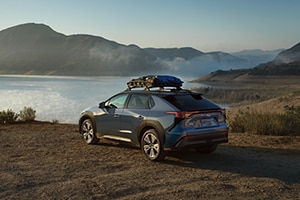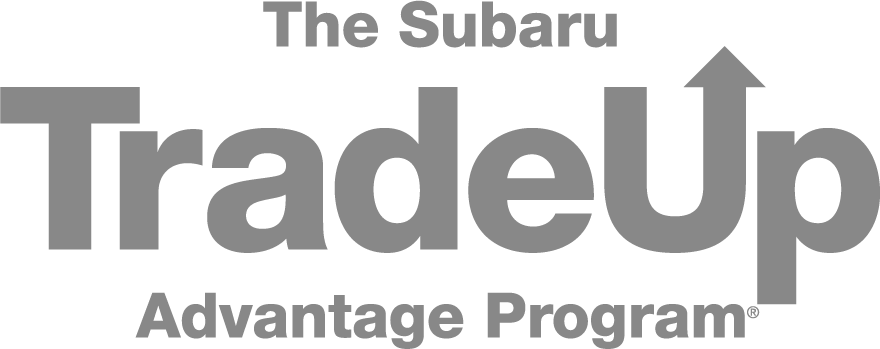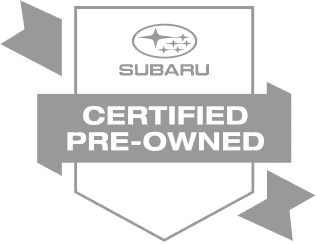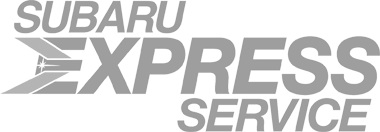Benefits of Financing
- Equity: Financing is often a preferable choice among drivers with lower credit, or even no credit at all. When you make regular, timely payments on your loan, you find yourself building equity, which increase your credit score over time.
- Less Restrictive: Lease agreements set caps on annual mileage and limit the amount of customizations you can make to the car you choose. However, with an auto loan, there are no such restrictions.
- Ownership is the Goal: Drivers can select different financing deals to suit their own monthly budget. Once the vehicle is fully paid off, it is yours to keep, sell, trade, or gift as you see fit.
Benefits of Leasing
- Cheaper in the Short-Term: Lease payments only cover a fraction of the vehicle's overall worth, so your down payments and monthly payments will likely be less than they would be in a loan.
- Continued Coverage: Since lease agreements typically last between 26 and 60 months, your Subaru will remain covered under its factory-backed warranties. Any repairs or maintenance needed will be cheap and easy.
- Upgrade Every Couple Years: Lease agreements are a great way to ensure you're always driving the newest car. Once your lease expires, you can lease another Subaru of your choosing from our new inventory.
What to Consider When Buying or Leasing A Vehicle
| Leasing |
Buying |
|
| You do not own the vehicle. You get to use it but must return it at the end of the lease unless you choose to buy it. | You own the vehicle and get to keep it at the end of the financing term. |
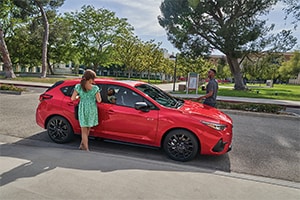
| Leasing |
Buying |
|
| Up-front costs may include the first month's payment, a refundable security deposit, a capitalized cost reduction, taxes, registration and other fees, and other charges. | Up-front costs include the cash price or a down payment, taxes, registration and other fees, and other charges. |

| Leasing |
Buying |
|
| Monthly lease payments are usually lower than monthly loan payments, because you're paying only for the vehicle's depreciation, plus rent charges, taxes, and fees. | Monthly loan payments are usually higher than monthly lease payments because you're paying for the entire purchase price of the vehicle. |
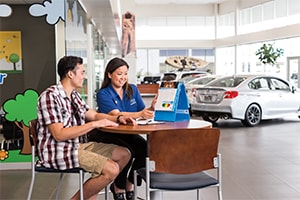
| Leasing |
Buying |
|
| You are responsible for any early termination charges if you end the lease early. | You are responsible for any pay-off amount if you end the loan early. |

| Leasing |
Buying |
|
| You may decide to return the vehicle at lease-end, pay any end-of-lease costs, and "walk away." | You may have to sell or trade the vehicle when you decide you want a different vehicle. |
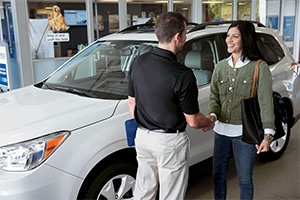
| Leasing |
Buying |
|
| The lessor has the risk of the future market value of the vehicle. | You have the risk of the vehicle's market value when you trade or sell it. |
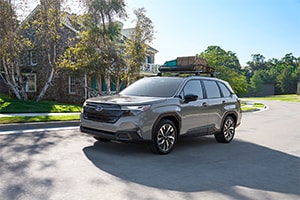
| Leasing |
Buying |
|
| Most leases limit the miles you may drive. You can negotiate a higher mileage limit for a higher monthly payment. You'll likely have to pay charges for exceeding those limits if you return the vehicle. | You may drive as many miles as you want, but higher mileage will lower the vehicle's trade-in or resale value. |
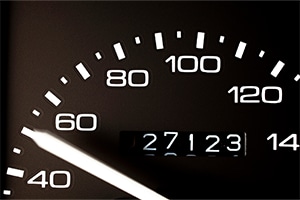
| Leasing |
Buying |
|
| Most leases limit wear to the vehicle during the lease term. You will likely have to pay extra charges for exceeding those limits if you return the vehicle. | There are no limits or charges for excessive wear to the vehicle, but excessive wear will lower the vehicle's trade-in or resale value. |
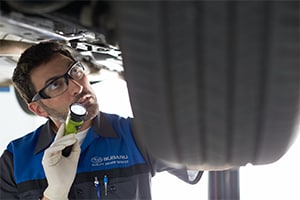
| Leasing |
Buying |
|
| At the end of the lease (typically 2-4 years), you may have a new payment either to finance the purchase of the existing vehicle or to lease another vehicle. | At the end of the loan term (typically 4-6 years), you have no further loan payments. |
